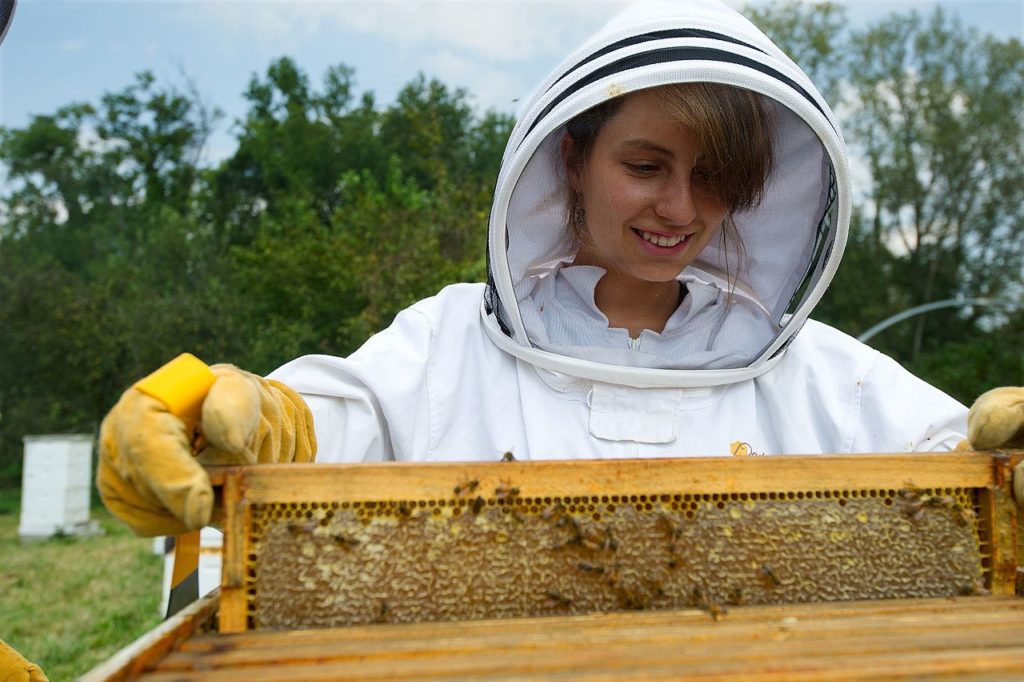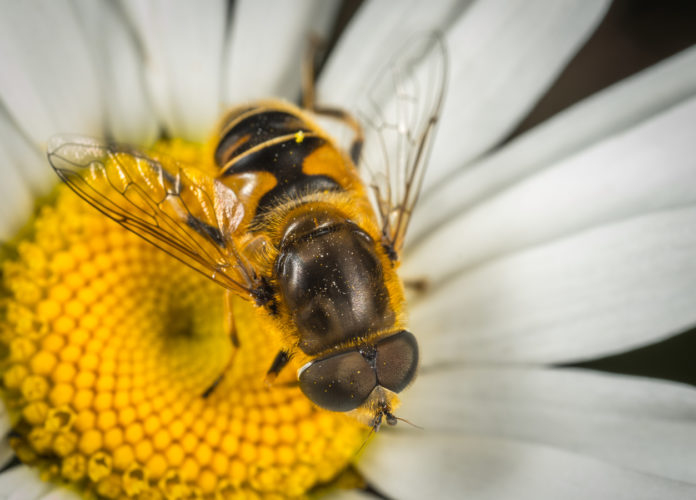Mushroom extracts may help fight deadly viruses which are making honey bees go extinct
“Colony collapse disorder” — or massive death of whole colonies of bees — has caused international alarm in recent years. Environmentalists blame viruses, mites, pesticides or even radiation from cell phone towers for the phenomenon.
Why bees are important
According to Sustainweb, a food and farming alliance, there are more honey bees than other types of bee and pollinating insects, so it is the world’s most important pollinator of food crops. It is estimated that one third of the food that we consume each day relies on pollination mainly by bees, but also by other insects, birds and bats.
There are also a number of valuable non-food products produced by the honey bee, such as beeswax used in cleaning and beauty products.
Mushroom extracts could protect against viruses decimating bee populations
The UN warned last year that most of the insect pollinators, particularly bees and butterflies, were at risk of global extinction. Some countries have already banned certain pesticides to protect bees, and beekeepers use chemicals to control mite infestations that can wipe out whole colonies of honey bee.
Mushroom may come as savior
But according to a new study the answer might lie in humble mushroom to save the honey bees from going extinct. The research says that mushroom extracts could protect against viruses decimating bee populations.
A group of scientists recently spent four years focusing on how the mass of tubular filaments of certain fungi, known as mycelium, could help bees battle viral disease.
“Bees have been observed foraging on mushroom mycelium, suggesting that they may be deriving medicinal or nutritional value from fungi,” said the study, published in Nature Scientific Reports.

The research was based on the observation that honeybees appear to feed on fungi in the wild, which used to provide them self-medication from “plant-derived substances”.
Initial tests were conducted on bee populations in labs, with one group fed on the mushroom fungus and another a sugar syrup. The mushroom fungus fed bees “exhibited significant antiviral activity”.
Testing then moved outdoors, where the researchers created 30 colonies, each with a queen and around 8,000 worker bees, allowing all the bees to feed freely.
Scientists said the discovery shows promising result with potential real-world application for beekeepers looking to protect their colonies.
Researchers are now “working to develop and refine application methods” and perfecting the exacts doeses for the bees.



We should not be concerned with what “environmentalists” think, but what the science shows.
first image is a fly, not a bee
[…] {Read more} […]
[…] Source link […]
[…] (adsbygoogle = window.adsbygoogle || []).push({}); Source link […]